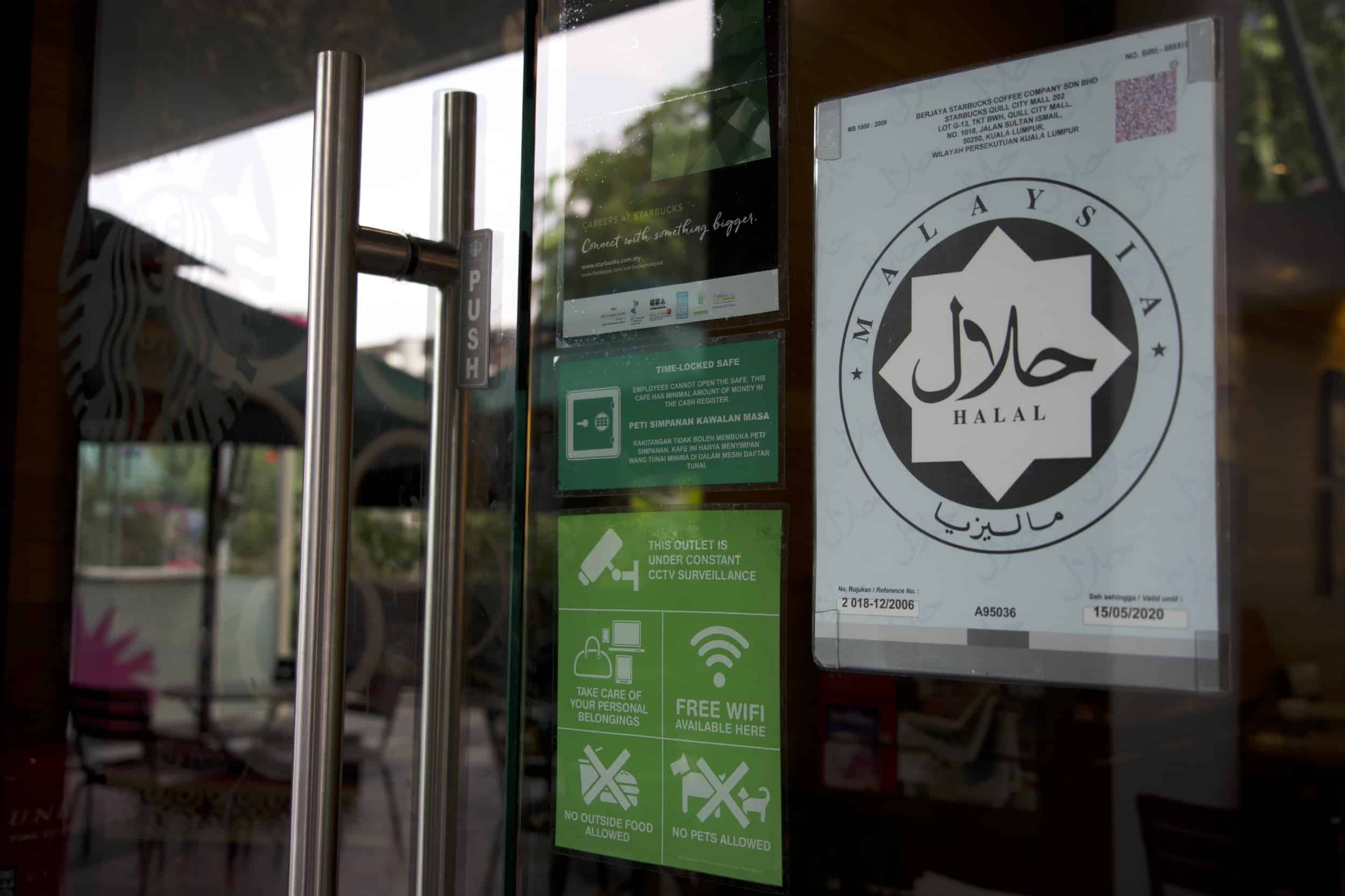1.8 billion Muslims around the world spent 5.1% more on halal food and beverages in 2018 to reach $1.37 trillion versus the previous year, according to a study released on Monday (November 11).
This expenditure on F&B accounted for around 63.6% of the $2.2 trillion that Muslims spent overall on halal and Islamic lifestyle sectors in 2018, said the State of the Global Islamic Economy 2019/20 report. The lifestyle sectors include apparel, travel, and media and recreation.
The Muslim segment makes up around 17% of global food and beverage spend, said the report produced by growth strategy research and advisory firm DinarStandard, the parent company of Salaam Gateway.
Indonesia leads with $173 billion spent on F&B, followed by Turkey on $135 billion and Pakistan on $119 billion.
However, the top halal food exporters to the 57 Organisation of Islamic Cooperation (OIC) member states remain non-Muslim countries.
Major halal meats exporter Brazil sold around $5.5 billion to OIC states, followed by Australia’s $2.4 billion and $621 million from Sudan.
Overall, $210 billion in food and beverages were exported to OIC countries in 2018, according to the report.
CERTIFICATION STILL KEY CHALLENGE
Key challenges for the halal food sector still revolve around certification as a means to reassure Muslim consumers their food truthfully adheres to Islamic requirements.
“As the food production chain has changed, Muslims have had to pay heightened attention to labeling of products across the value chain, with concerns spanning non-ritually slaughtered meat to porcine gelatin, additives and colourings,” said the report.
As the halal sector continues to grapple with many regulations, standards and certifiers, it is increasingly also being asked to be mindful of its social impact.
“Halal certification continues to remain fragmented throughout the world, with sustainability not yet a core component of the certifying process,” the report said.
It puts the number of countries with halal regulations at 52.
“Albeit with some positive development in halal, the halal food industry can play a stronger role in supporting the environment and in driving improved outcomes for the world’s poorest,” it added.
The halal food sector, said the report, has “substantial runway” to realise its full ethical role.
INVESTMENTS IN HALAL
DinarStandard estimates investments in halal products for the 12 months to July 31, 2019 at $652.3 million, with corporates leading the way.
“Investors have also signaled the increasing attractiveness of the halal food sector, as seen by Kerry Group’s acquisition of Oman-based Aatco Foods for $409 million, and Zensho Holding’s acquisition of Malaysia-based The Chicken and Rice Shop for $53 million,” the firm wrote in the report.
Governments are also contributing to the growing sector, especially with dedicated halal hubs.
“The UAE and China have agreed a $1 billion agreement for a food manufacturing and processing plant in Dubai, while Indonesia aims to launch an $18 million Halal Lifestyle District,” wrote DinarStandard.
However, overall, the halal food sector remains unserved by investments.
“Yet while there have been government initiatives as well as mergers, acquisitions and IPOs in the segment, halal food still remains an unrealised opportunity,” said the report.
DinarStandard forecasts Muslim expenditure on halal food to grow by 6.3% per year to reach $1.97 trillion by 2024.
Opportunities for businesses and investments lie in several sub-sectors, including halal ingredients, meat-based meals and snacks, halal feed, halal products e-commerce, and halal food-tech.
The State of the Global lslamic Economy report has been published annually since 2013.
© SalaamGateway.com 2019 All Rights Reserved

